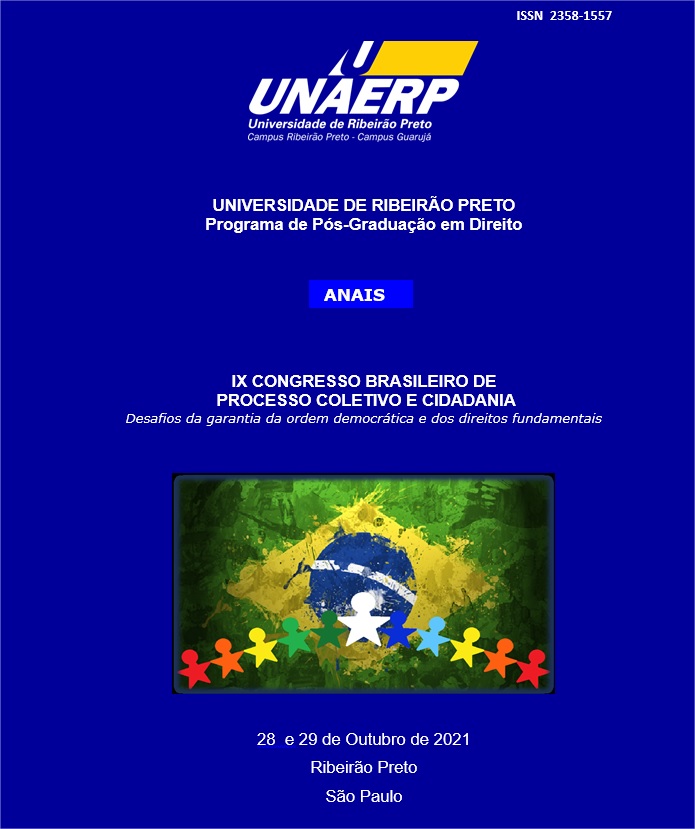Português
Abstract
For years, the lives of many women were marked by situations of inequality and inferiority in relation to men. Women were only assigned to work related to the domestic environment. They were created and educated to learn domestic techniques and become housewives, not having rights considered basic nowadays, including in the search for the realization of democracy, such as the right to vote. In this sense, women were excluded from society's decisions, not being able to fully exercise their rights, and democracy was curtailed. It was only after many years of fighting claims that women gradually gained their rights and, through gender development, strengthened themselves in society. Thus, the development of gender has become essential in strengthening the quality of life of women and, consequently, in the occupation of space in society, specifically, in the political sphere. These factors – such as the participation of individuals in society – also help in human development, which can be verified through health, education and income, which together would result in the capacities and abilities developed by individuals. In this sense, the issue of this article is to investigate whether, from human development and gender development – considered as primordial factors –, it is possible to verify the effectiveness of democracy through the participation of women in Brazilian politics. Thus, the objective is to demonstrate that the participation of women in politics, possible through human development and gender development, is effective as a means of promoting democracy.
Downloads
Published
How to Cite
Issue
Section
License
Copyright (c) 2022 Anais do Congresso Brasileiro de Processo Coletivo e Cidadania

This work is licensed under a Creative Commons Attribution-NonCommercial-NoDerivatives 4.0 International License.
